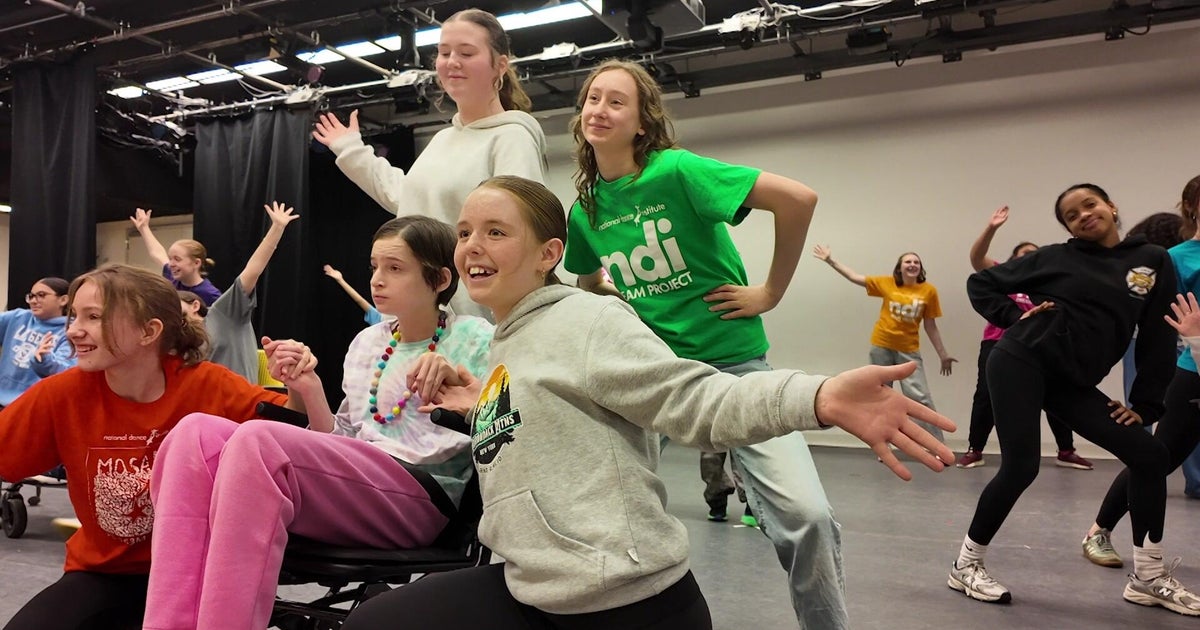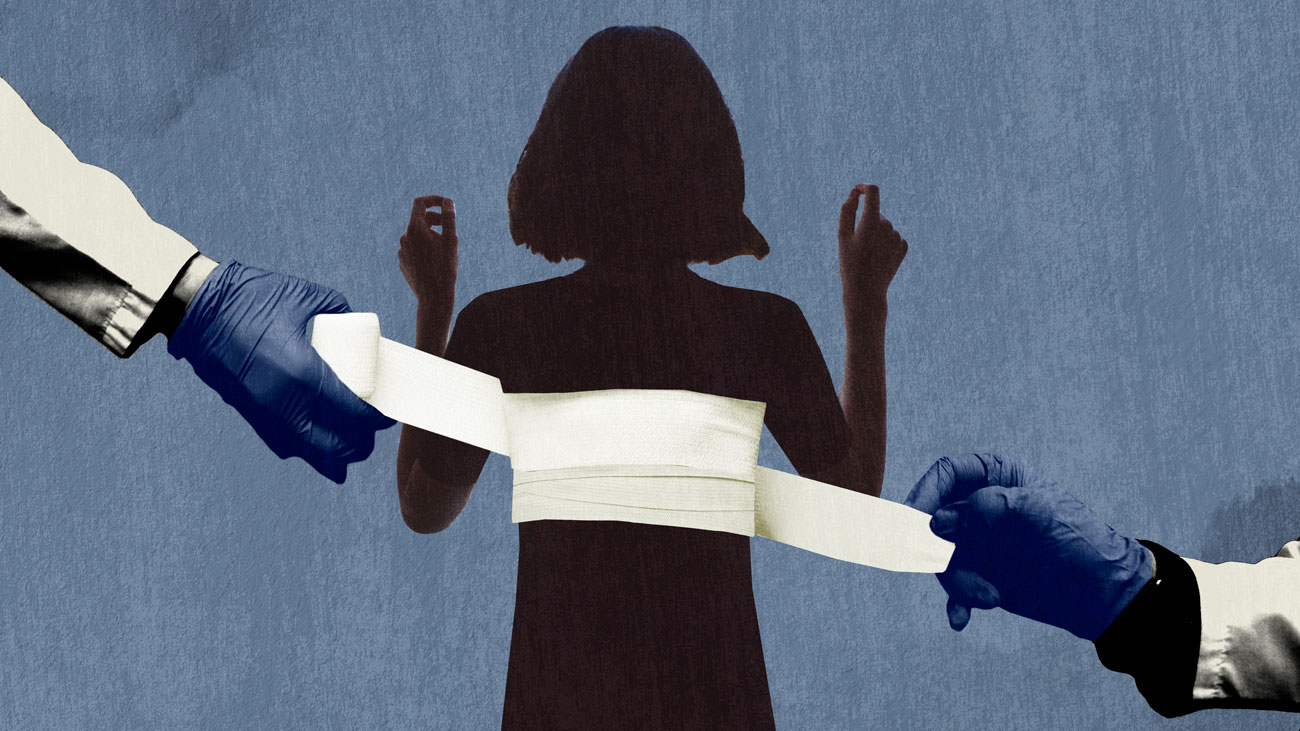GOAT, gender-inclusive among 650 new words added to dictionary.com
Dictionary.com announced Tuesday it has added 650 new words to its database, according to a press release obtained by CBS News. The site also made changes to over 15,000 current entries in a wide range of topics to mark its biggest update ever.
Common phrases, hashtags and slang with roots in the digital sphere and pop culture are now available to those searching the site. The acronym GOAT, which stands for Greatest Of All Time; the slang term amirite, an informal spelling of the phrase "Am I right"; and the term sharent, "a parent who frequently shares [photos and other details about their child] on social media" made the cut.
Many words and terms were added or revised to reflect the use of language relating to race, gender and mental health.
"The work of a dictionary is more than just adding new words. It's an ongoing effort to ensure that how we define words reflects changes in language and life," Dictionary.com senior editor John Kelly said of the changes. "Among our many new entries are thousands of deeper, dictionary-wide revisions that touch us on our most personal levels: how we talk about ourselves and our identities, from race to sexual orientation to mental health."
Some of the terms reflect changes to language used to discuss race and race-related issues. The site capitalized Black in its entries, "as a mark of respect and recognition that's in line with capitalizing other cultures and ethnicities," the release said. The site also created a separate entry for Black, as it refers to a person.
The word brownface was also added to the lexicon, defined as the "imitation of a minority group member's appearance, speech, traditional dress, etc., by a person who is not a member of that group."
Other added terms include language concerning gender identity, expression and sexual orientation. Gender-inclusive, meaning "relating to or intended for any gender" and trans+, defined as "of or relating to people with gender expressions outside traditional norms, as transgender, genderqueer, agender, or nonbinary," both made the list.
Tuesday's update also reflect changes in how addiction and mental health are discussed. The release said the site revised all entries to change language used to discuss both suicide and addiction, "to eliminate language that implies moral judgement or incorporates historical prejudice." For example, uses of the word "addict" as a noun is replaced with "person addicted to or habitual user of," according to the release.
The phrase MeToo was also added to the site, defined both as a hashtag used in solidarity by survivors of sexual harassment or assault "to demonstrate the prevalence of abuse" and "a social movement drawing attention to sexual harassment, sexual assault, and other abuses of authority, especially those resulting from gendered power imbalances in social institutions."
Terms surrounding environmental issues and work, such as extinct in the wild and conservation status, are now searchable as well.



